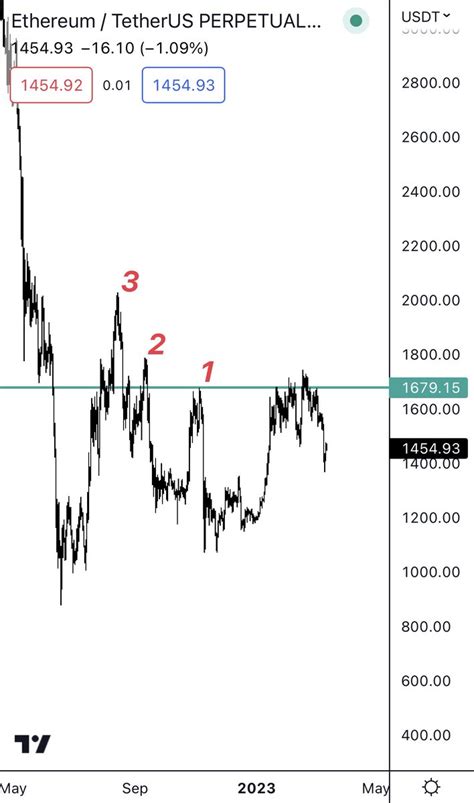Ethereum: Why P2PKH instead of the simpler P2PK?
The choice of Elliptic Curve Cryptography (ECC) for Ethereum’s public key scheme, known as P2PKH (Public Key Hierarchical Hashing), has been a topic of debate among developers and researchers. In this article, we will explore the reasons why P2PKH was chosen over its simpler counterpart, P2PK.
Security of Elliptic Curve Cryptography

Elliptic curve cryptography is considered secure enough to allow a public key to be transmitted without fear that someone will be able to calculate the corresponding private key from it. This is because ECC uses a mathematical concept called discrete logarithms, which are theoretically unbreakable. However, this security comes at a cost.
Limitations of P2PK
P2PK (Public Key Hierarchical Hashing) is a simpler public key scheme that only uses the complexity of the hash function to secure transactions. The problem with P2PK is that it requires more computational resources and energy to mine new blocks, which can be expensive and lead to network centralization.
Why P2PKH was chosen
In 2017, Vitalik Buterin, one of the founders of Ethereum, proposed P2PKH as an alternative to P2PK. He argued that P2PK is too energy-intensive to support a blockchain as large as Ethereum. By using a separate public key hash function, Ethereum can reduce the computational requirements and make it more efficient.
Additional Benefits of P2PKH
In addition to security, P2PKH also has several additional benefits:
- More Energy Efficiency: As mentioned earlier, P2PK requires more computational resources and energy to mine new blocks. By using a separate public key hash function, Ethereum can reduce its energy consumption.
- Improved Network Resilience
: P2PKH provides better network resilience by allowing transactions to be processed in batches rather than one at a time.
- Better Scalability: P2PKH is designed to support scalability and high transaction volumes.
Conclusion
In summary, the choice of P2PKH over P2PK was motivated by the need to balance security and energy efficiency. While P2PK is still used in certain scenarios, P2PKH is a more scalable, resilient, and secure alternative to Ethereum’s public key scheme. As the network continues to grow and evolve, it will be interesting to see how the two schemes integrate and whether one eventually replaces the other.
Additional Resources
- [Ethereum’s Whitepaper](
- [Vitalik Buterin’s Blog](
- [Elliptic Curve Cryptography (ECC) Wikipedia Article](
Note: This article is based on information available as of 2021 and may not reflect the latest developments in the Ethereum ecosystem.

Laisser un commentaire